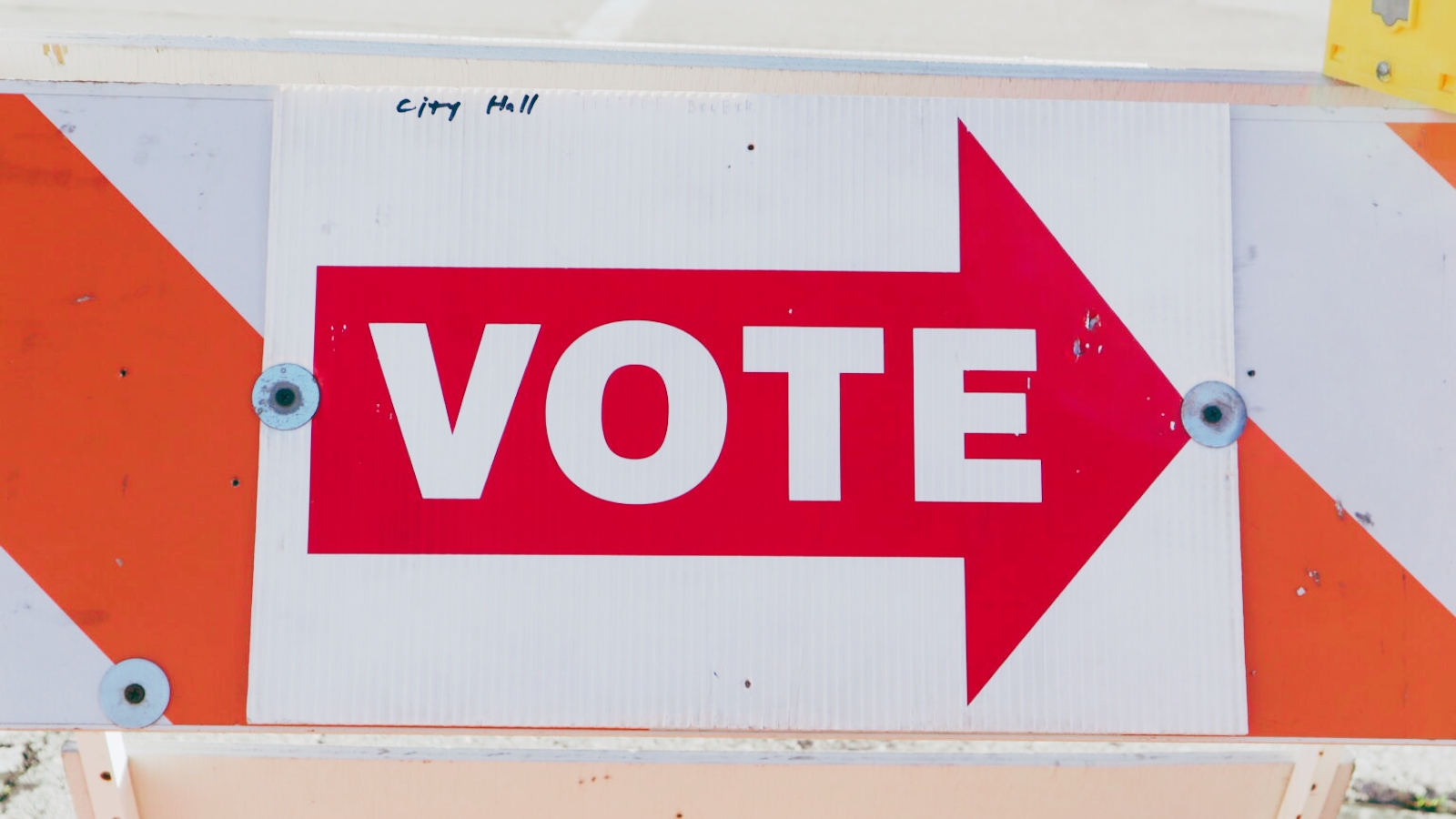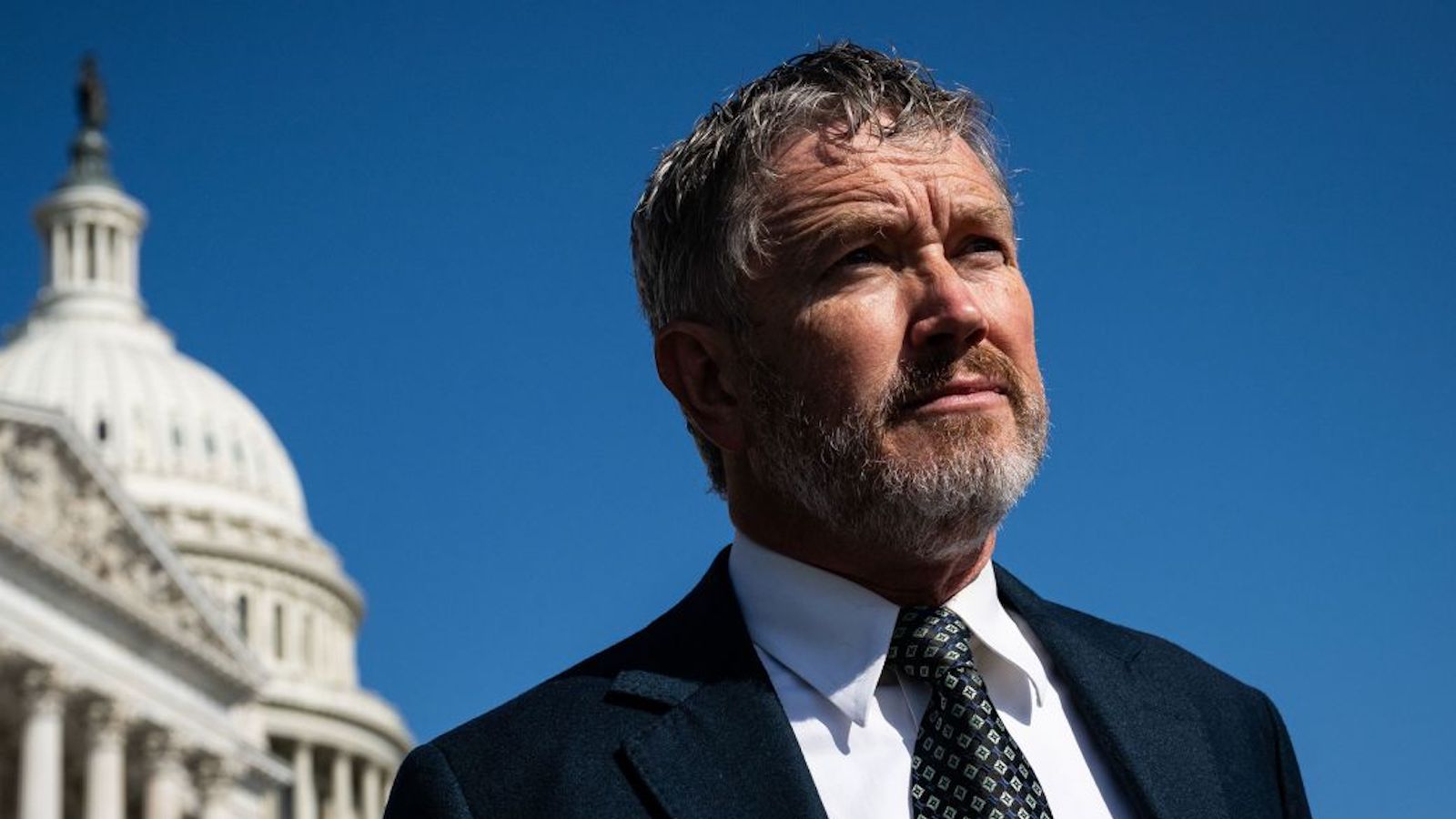
The West’s New War-Winner
Is too much power problematic in the right hands?
The question sounds like the premise of a poststructuralist farce. Or a late-night, cannabis-hazed grad-school confab. Or that Lord Action aphorism lefties unironically cite.
But it’s also at the heart of the war between Russia and Ukraine. Andrew Sullivan writes in his latest Substack disquisition: “Putin’s hyper-nationalism has actually generated the most potent globalist power grab since the Cold War.”
And how! Far from an Alex Jones-y rant against the Bilderberg Group, Sullivan embraces the supranational show of force in the wake of Russia’s invasion. But he rightly fears the precedent being set in defense of Ukraine’s geographic integrity.
For all his diplomatic faults, Joe Biden, a near-octogenarian who verbally botches two-word sentences, has mustered a near-total western blockade against Russia. Putin’s Russky Mir fantasies have been arrested by what Sullivan calls an “economic kill switch.” Every major American brand has ceased business or significantly curtailed operations in Russia. (Excluding Papa John’s, which has unfortunately chosen to keep baking pies in Putinland. Maybe its franchise operator will withhold those garlic cups as punishment for igniting World War III.) From Adidas to UPS, to Dell computers, to Facebook, to Netflix and TikTok—ordinary Russians have been deprived of the simple pleasures of watching “Don’t Look Up” in new shell suits.
Punishing civilians for their government’s warmongering may seem excessive (cutting off Twitter access is still not classified by the UN as a war crime—despite social media being its own war crime against humanity). But America-led liberal capitalism has gone further. Visa and Mastercard have shut down their Russian services, which was upped in effect by the partial ban of the country from SWIFT, the global financial clearinghouse. Sanctions have decimated the ruble, hurling the Kremlin towards default. Most crucially, a US oil embargo is putting pressure on Europe to also break its reliance on Siberian crude.
Even the neutral Swiss have joined the anti-Putin party. With the Spetsnaz deprived of Toblerone, this whole “special military operation” could be over by Easter.
Taken together, these measures have economically penned in the Bear. Putin’s steely fizzog now graces the “Do Not Serve” bulletin board in the West’s Kwik-E-Mart.
All things considered—including potential nuclear war—America has made out pretty good. Sure gas prices are a pain in the wallet. But we flexed our market muscle, bringing it to bear on the Kremlin. We’ve successfully out-grouped a rogue nation.
Cue the squeaky, moralizing narrator: but at what cost?
The answer: power. In politics, the price is always paid in power surrendered. “[T]he West has chosen to cut an entire country off from global finance—to precipitate its collapse,” Sullivan writes. “The scale of this organized global cabal and the immensity of its power should alarm anyone.”
Mind you again, Sullivan supports the mountain-moving punitive measures western governments and companies have taken against Russia. But they still give pause. Edmund Burke famously said infinite caution should be exercised before pulling down an edifice. In acting so decisively to contain Putin’s irredentist ambition, we acted with little caution to construct an edifice—a veritable wall between Russia and western commerce.
Wars require difficult decisions. It mobilizes entire societies in defense of the homeland. But the West isn’t technically at war. Putin isn’t (yet) threatening the United States, the European Union, or NATO. Plenty of Washington war scribes, including Elliot Abrams and Eli Lake, assert that we’re locked in mortal combat, whether or not Marines are storming Sevastopol.
In a material sense, they’re right. We’re Amazon-overnighting lethal arms to the Ukrainian army, including the bazooka-like Javelins, kamikaze drones, and anti-aircraft Stingers. Volodymyr Zelensky has essentially been handed a free gift card to our big-box store of killing machines.
We’ve enacted a “No Ruskies” policy, telling Putin and his fellow kleptocrats their rubles are no good here. We’re having no truck with Russia by our own volition. And it’s largely been the uncoerced choice of corporations and countries, both exercising their freedom of association. McDonald’s withdrawing its carbo-loaded foodstuffs from St. Petersburg means little. But Burger King, Wendy’s, Taco Bell, Arby’s, Chick-fil-A, Pizza Hut, Chipotle, Subway, and Domino’s closing their doors in concert leaves a lot of hungry Russians. Not that it matters if Muscovites can’t get their Whopper fix when their currency is worth less than copper ingots and their credit cards are non-functional.
The confluence of technologically enabled economic pressure being pushed on Putin is manifesting into its own weapon—a Death Star for liberalism. In the era of integrated global capitalism, the prospect of effectively un-personing a bad actor from being able to live in society has the potential to be more devastating than the Mark IV.
The Chinese have already figured this out with their social-credit system. Certain libertarians—looking at you, Cass Sunstein—have laid the intellectual groundwork for “nudging” via economic incentive. But in the far-reaching, ever-grippy West’s mitts, the nudge becomes a full-throttle heave off the cliff into no-man’s land.
Putin’s siege on Ukraine may warrant the West’s full economic and technological interdiction. It’s reasonable to suggest that in cases of war and peace, life and death, sovereignty and subjugation, that full-out financial warfare is justified, even necessary.
But what happens when that all-consuming—consuming meant in the purely economic sense, as in goods consumption—power is applied to more trivial malefactors? Or nations who don’t completely fall in line with their GDP superiors? Greece got a taste of austerity-from-above in 2010. Great Britain is still fending off sanctions for Brexit. Poland is endlessly shamed by Brussels for not wholeheartedly adopting European social values.
How long before a recalcitrant state, such as the media’s favorite bugbear Hungary, get the screws Put-in (see what I did there?) to them for, say, sharply curtailing immigration from Syria? Or outlawing abortion? Or refusing to bring corporate tax rates in line with a pan-national standard?
When you have a hammer, everything infamously resembles a nail. Putin is getting the brunt of the West’s hydraulic breaker. The next victim of the capital pounding may not be so deserving.
Free the People publishes opinion-based articles from contributing writers. The opinions and ideas expressed do not always reflect the opinions and ideas that Free the People endorses. We believe in free speech, and in providing a platform for open dialogue. Feel free to leave a comment.



